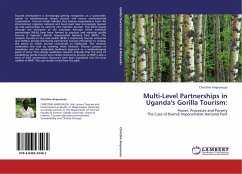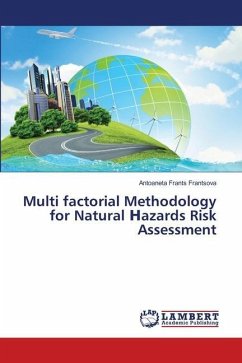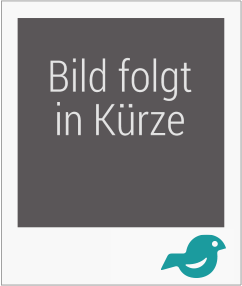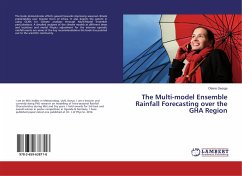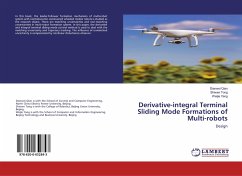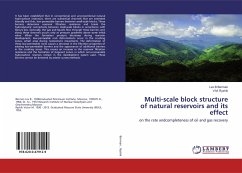Tourism development is increasingly getting recognition as a sustainable option to simultaneously reduce poverty and ensure environmental conservation. Current trends indicate that various organizations from the international, regional, national and local levels have increasingly teamed up into partnerships to perform and maintain tourism. This thesis treads through the intricacies of the processes through which multilevel partnerships (MLPs) have been formed to produce and maintain gorilla tourism in Uganda s Bwindi Impenetrable National Park (BINP). The research focuses on two case studies (BCRC a community tourism enterprise and CMGL-a private-community partnership tourism enterprise) to analyse the extent to which tourism contributes to livelihoods. The research undertakes this task by combing Actor Network Theory s process of translation and the sustainable livelihood approach as a methodological point of entry. This entirely qualitative research indicates that the story of establishing gorilla tourism and related community projects at BINP is also a story of how conservation discourses have been translated into the local realities of BINP. The case studies reveal how the glob
Bitte wählen Sie Ihr Anliegen aus.
Rechnungen
Retourenschein anfordern
Bestellstatus
Storno

